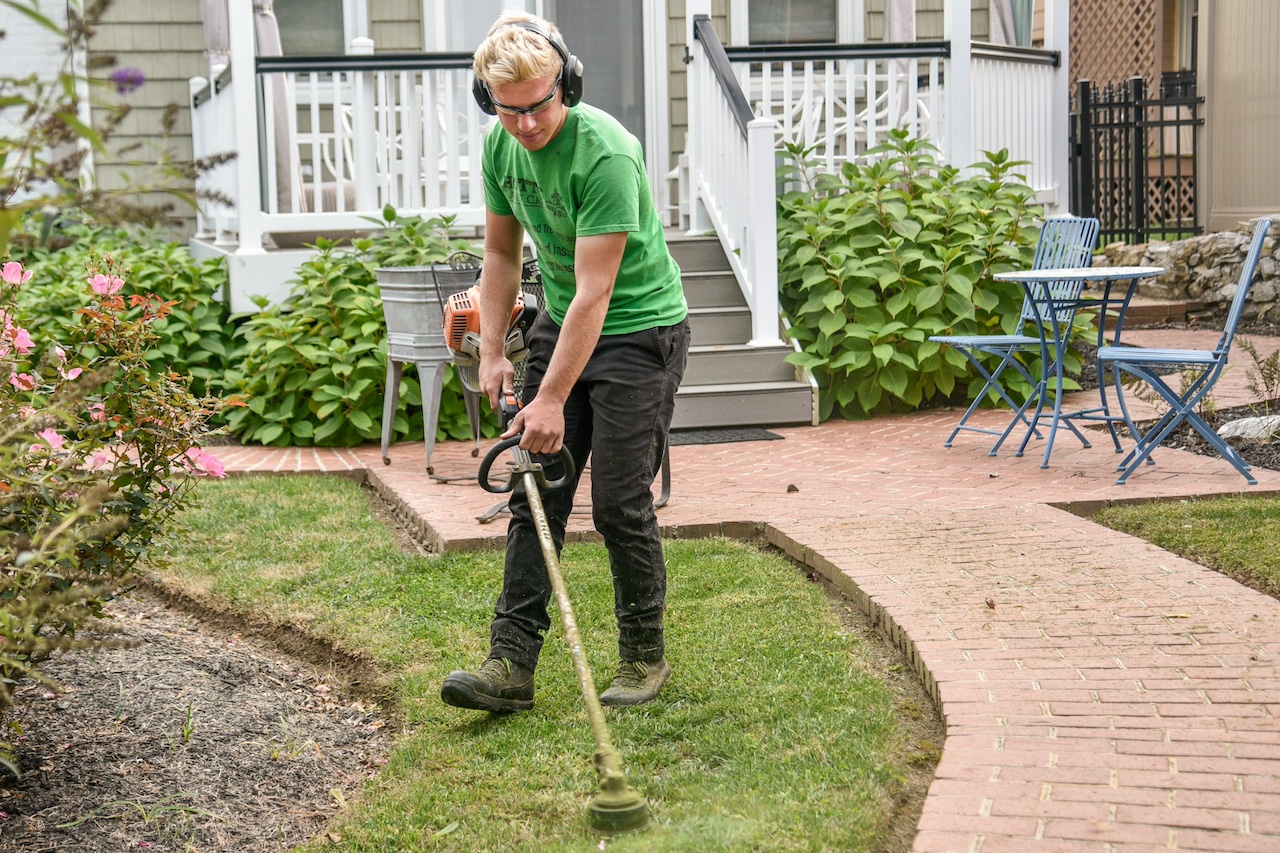Landscapers need to master a blend of technical know-how, cultural insights, and innovative technology to thrive globally. From understanding local flora to managing supply chain logistics, these skills ensure projects succeed across diverse environments.
Ready to elevate your landscaping expertise? Dive into these six essential competencies that make an impactful difference in the world of international landscape design.
1. Local Flora and Fauna Knowledge
Understanding local plant and animal life is crucial for successful international landscaping. Landscapers need in-depth knowledge of native species, soil conditions, and climate impacts.
Imagine designing a garden in Japan without knowing about cherry blossoms or koi fish; it would miss cultural significance entirely.
Landscapers can collaborate with local botanists to ensure designs are both beautiful and ecologically sustainable. Plus, advanced tools like GIS mapping help assess environmental data accurately, making it easier to adapt designs that respect regional biodiversity while achieving aesthetic goals.
2. Adaptability to Climate Variations
Climate variations can drastically affect landscaping outcomes. For instance, a technique that thrives in the temperate zones of Europe might fail miserably in the arid landscapes of Australia.
Landscapers need to grasp diverse climate patterns, from tropical downpours to desert droughts. This knowledge allows for smarter plant selections and irrigation plans.
Using tools like weather analytics software helps predict climatic shifts, enabling proactive adjustments. By staying ahead of these changes, landscapers ensure projects remain vibrant and resilient regardless of geographical location.
3. Supply Chain Logistics Skills for Overseas Landscaping Materials
Navigating international supply chains is key to timely project completion. Sourcing materials like specific plants, soil types, or unique stones requires understanding of import regulations and tariffs.
Picture needing Italian marble but facing shipping delays due to paperwork errors; it could halt progress entirely.
Leveraging logistics management software ensures tracking and compliance with local customs laws. And partnering with reliable global suppliers minimises risks of shortages or subpar quality materials.
Efficiently managing these logistics keeps projects on schedule and within budget, ensuring a seamless execution from start to finish.
4. Foreign Language Skills
Language barriers can complicate international projects. Learning languages boosts effective communication with local clients, suppliers, and workers.
Imagine negotiating a contract in Spain without understanding Spanish; misunderstandings could derail the project. Beyond basic fluency, grasping industry-specific jargon ensures clearer directives and smoother collaborations.
Tools like translation apps offer support but aren’t foolproof for nuanced discussions. Investing time in learning key phrases and cultural etiquette enhances trust and efficiency, ultimately leading to more successful landscaping ventures across borders.
5. Tech Skills for Efficient International Project Management
Modern technology transforms international landscaping projects. In addition to using things like Dynascape landscape management software to organise, manage, and deliver on all of your maintenance contracts, consider using drones to provide aerial views and gain precise site assessments as well as BIM (Building Information Modelling) software, to allow seamless collaboration across time zones and keep everyone on the same page.
Virtual reality tools can be very useful, too. They let clients visualise designs before implementation, reducing costly misunderstandings.
And you could utilise IoT-enabled irrigation systems to ensure efficient water usage that’s tailored to specific climate conditions.
By integrating these advanced technologies, landscapers will streamline operations, improve accuracy, and enhance client satisfaction globally, making ambitious projects more feasible and successful.
6. Learn to Navigate Cultural Sensitivities
Lastly, understanding cultural nuances can make or break an international landscaping project.
Designs that respect local traditions and aesthetics resonate better with communities. Imagine incorporating a Western-style garden in a traditional Chinese courtyard; it would feel out of place. So, conducting thorough research on cultural preferences will help you to avoid such pitfalls.
Collaborating with local artisans ensures authenticity, blending modern techniques with traditional craftsmanship.
This respectful approach not only enhances visual appeal but also fosters deeper connections with clients, leading to more meaningful and successful landscape projects across diverse cultures.








